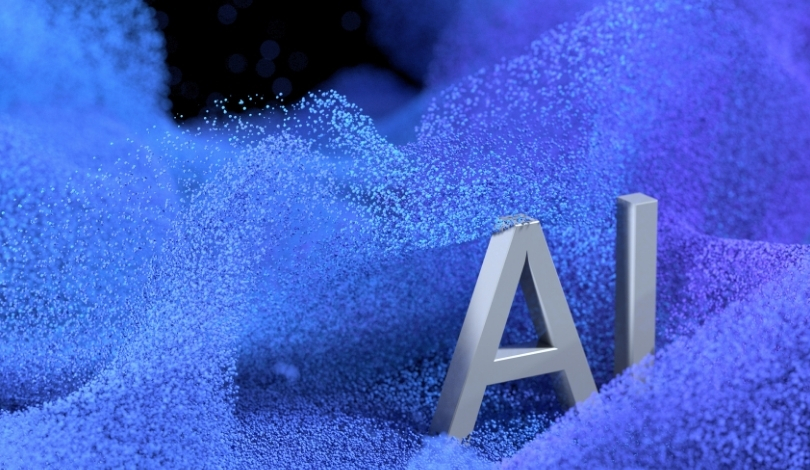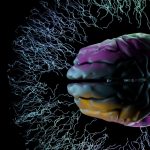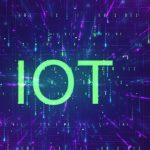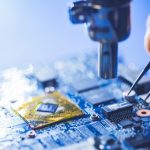Artificial intelligence is increasingly influencing the creative sector, prompting educational institutions to adapt their curricula. At American University’s Kogod School of Business, courses now address AI’s impact on creativity and intellectual property. This shift reflects broader industry changes as AI tools become integral to content creation and business operations.
AI has transitioned from a specialized tool to a ubiquitous presence in various industries, significantly altering how businesses and creatives operate. This widespread adoption marks a stark contrast to earlier perceptions of AI as a futuristic concept limited to specific applications.
How is AI Transforming the Creative Process?
AI is being utilized to draft screenplays, remix songs, and generate artwork, fundamentally changing traditional creative workflows. These technologies enable rapid content creation, allowing artists and businesses to experiment with new forms and ideas more efficiently.
What Challenges Do Copyright Industries Face?
The rise of AI in content creation has led to significant disagreements within copyright industries regarding the classification, ownership, and monetization of AI-generated works. These disputes were a contributing factor to the Hollywood strikes of 2023, highlighting the complex dynamics between technology and intellectual property rights.
How is Kogod Preparing Students for an AI-Integrated Future?
Kogod incorporates AI into its curriculum by teaching students to use AI ethically and effectively in their future careers. This approach ensures that graduates are not only technically proficient but also capable of navigating the ethical implications of AI in the creative industries.
The Annual Artist Rights Symposium hosted by Kogod brought together global thought leaders to discuss artists’ rights in the age of AI.
“AI can amplify creativity, ensure originality, and set ethical standards in the next era of artistic innovation,”
emphasized the importance of balancing technological advancement with the protection of creative ownership.
As AI continues to evolve, establishing robust legal and ethical frameworks will be essential for maintaining the integrity of creative works. Educators and industry leaders must collaborate to address the challenges posed by AI, ensuring that technology serves as a tool for enhancing human creativity rather than replacing it.










